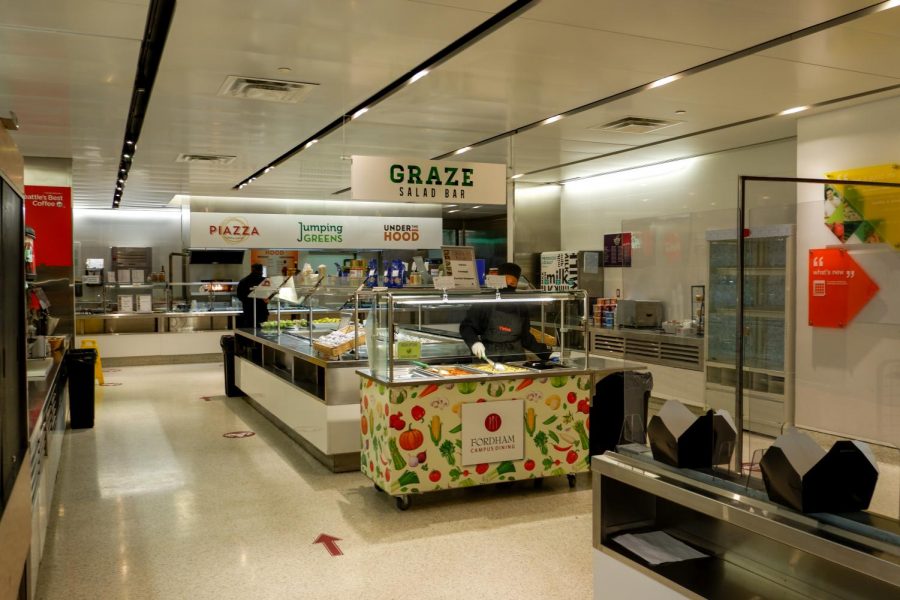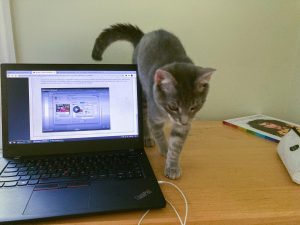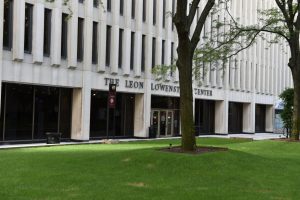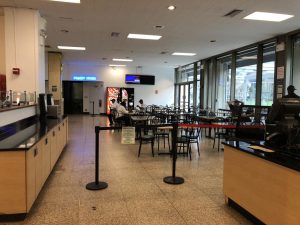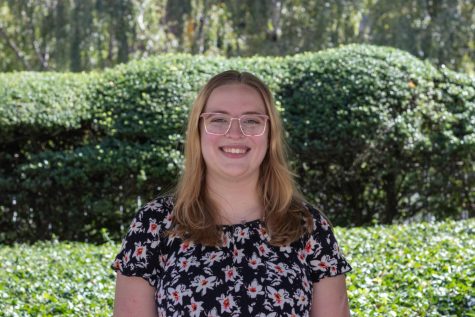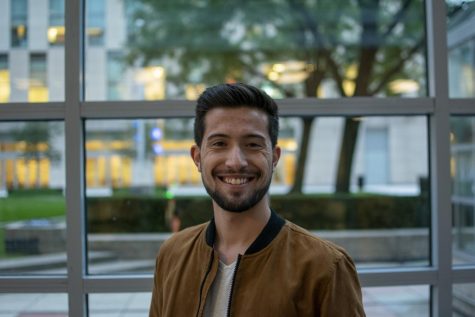Aramark Adjusts to COVID-19 Restrictions
New policies implemented to protect Aramark employees and promote social distancing at Fordham Dining
All aspects of food handling and preparation have been updated to mitigate coronavirus risk. One thing that has not changed, however, is that Fordham still retained all 300 Aramark employees from before the initial shut down.
September 21, 2020
When students were first sent home in March, university Aramark employees did not know what to expect for the summer or the fall semester. Now that students have returned to campus, Aramark and Fordham have had to create a safe community that protects both students and employees.
The Dining Working Group, one of the task forces created for Fordham Forward, has implemented new policies to protect students employees. Fordham University Dining Contract Liaison Deming Yaun, who led the task force, said that “all actions fall under the heading of promoting social distancing, implementing new levels of food safety, and special attention to revising all locations to provide safe service to customers from healthy staff members.”
Yaun explained that the first two changes being made added additional training and updated food service. The training is required by both Fordham and Aramark, focusing on coronavirus safety measures. Additionally, Fordham is working to update food receiving, storage, preparation and serving protocols. One change will involve placing “grab-and-go” food in “all-you-care-to-eat” locations to avoid unnecessary contact between guests and employees.
“All Dining locations have scheduled FDA approved sanitizing at least 2 weeks prior to their re-opening,” Yaun said. “All employee hand wash stations are being outfitted with touchless faucets, soap, hand sanitizing and hand drying equipment.”
Fordham has also installed protective barriers to help promote social distancing between employees and guests. To further support social distancing, seating capacity has been reduced, and floor markings have been installed to help maintain distance.
Yaun also said that spaces for potential tenting for outdoor dining have been identified if necessary. Additionally, all point-of-sale equipment, such as where students swipe their ID cards, is being converted for touchless contact.
“Dining has added shifts and redefined work stations so staff can stay socially distant and food can be prepared as freshly as possible and in quantities necessary to serve the campus community,” Yaun said.
Fordham has adjusted the use of self-serve stations and utensils. According to Yaun, all self-serve stations have been eliminated except for beverage stations. Utensils are all individual, single-use and wrapped.
As of Sept. 5, Fordham is employing 300 Aramark workers, the same number as before the initial closure in March. Yaun explained that even though fewer students are located on campus, there has not been a large layoff of employees.
“Services and the cost of them will have to be adjusted based on income the department has to work with for the semester,” Yaun said.
Aramark employees are complying with Fordham’s requirements for COVID-19 testing and handling of positive cases. According to Yaun, there were no positive cases in the first round of testing.
If employees were to test positive, their sick leave would depend on Aramark. Aramark has altered its sick leave policy to allow for up to 21 additional days once all sick leave has been used. Yaun stated that “Fordham is satisfied with Aramark’s treatment of staff throughout the Pandemic.”
Aramark and Fordham have both made adjustments to keep employees and students safe during the fall semester. The need for social distancing has required Fordham to change how food is handled and the number of people allowed in dining areas. Alongside that, Aramark has had to change its policies to support staff if they become ill and to comply with Fordham’s requirements.

